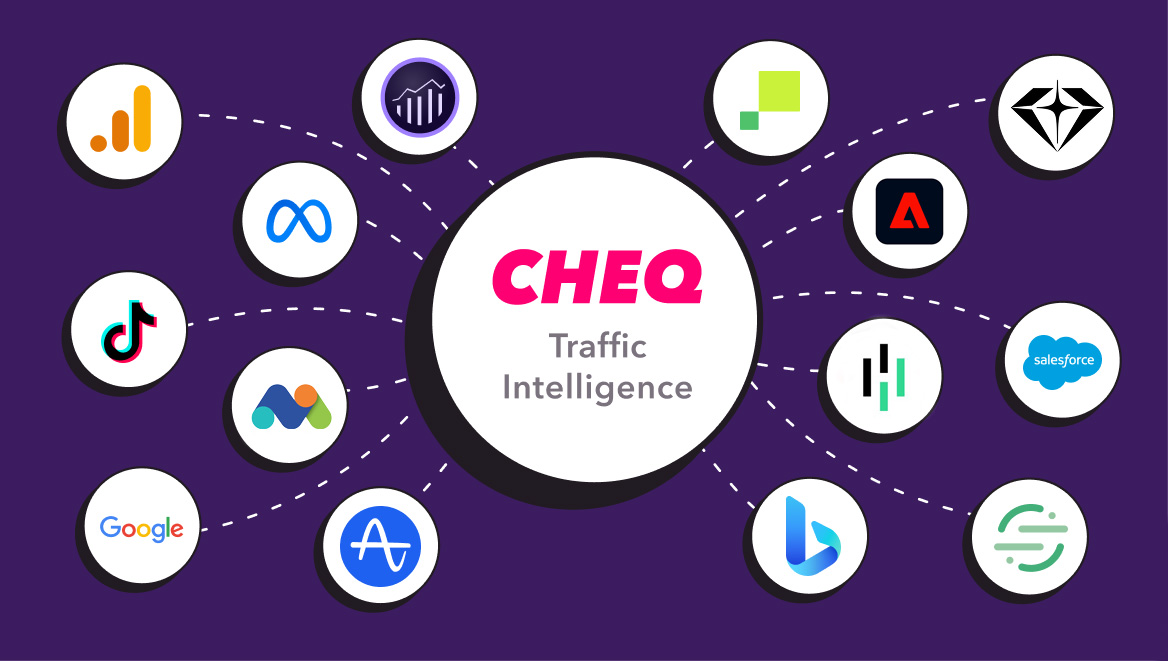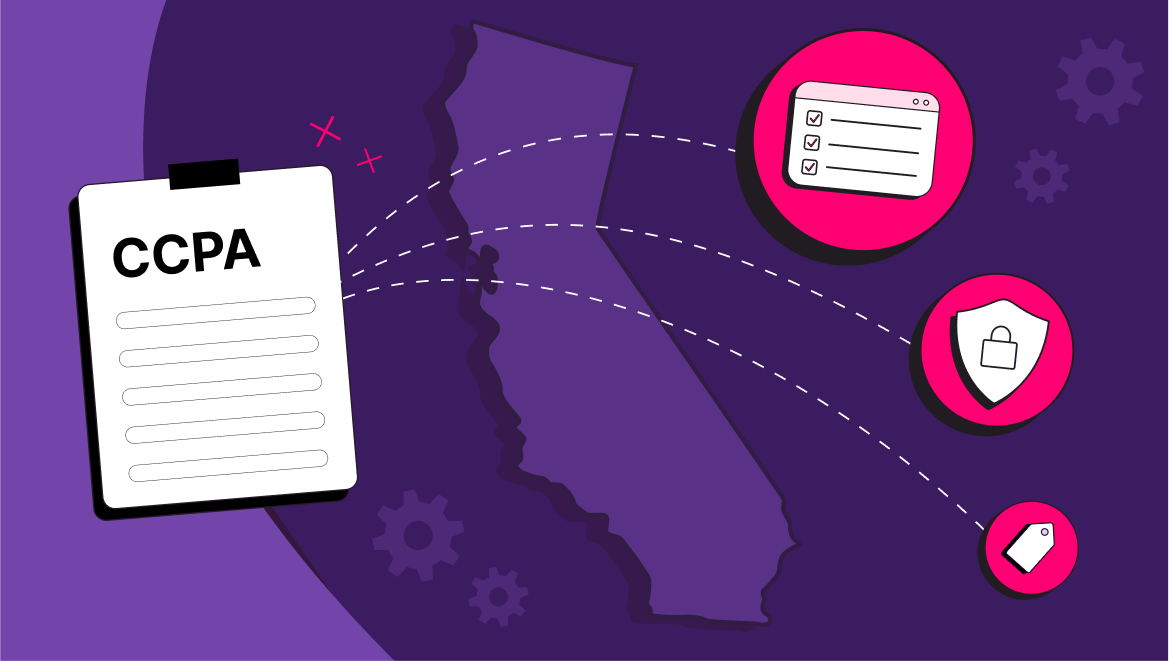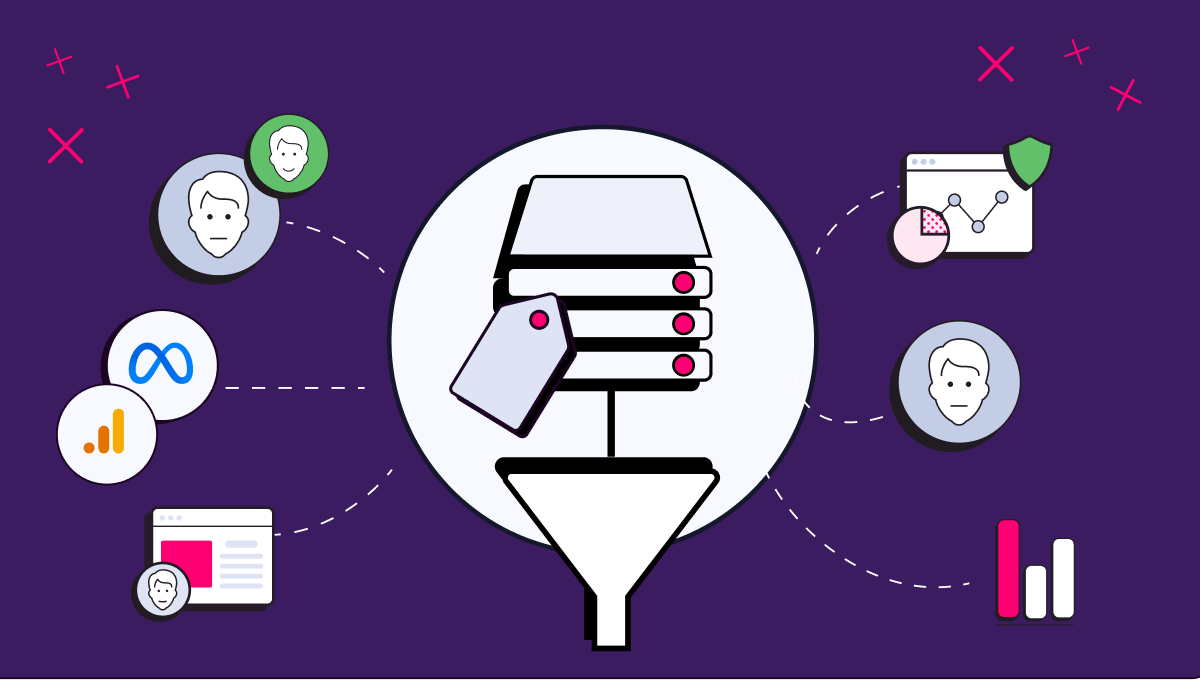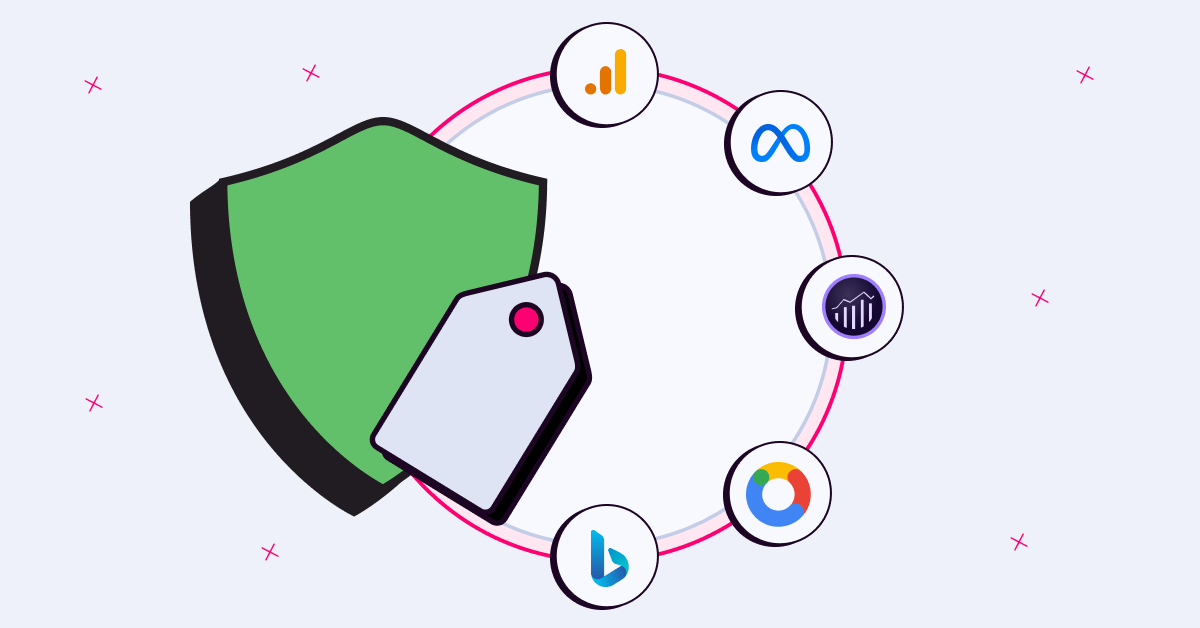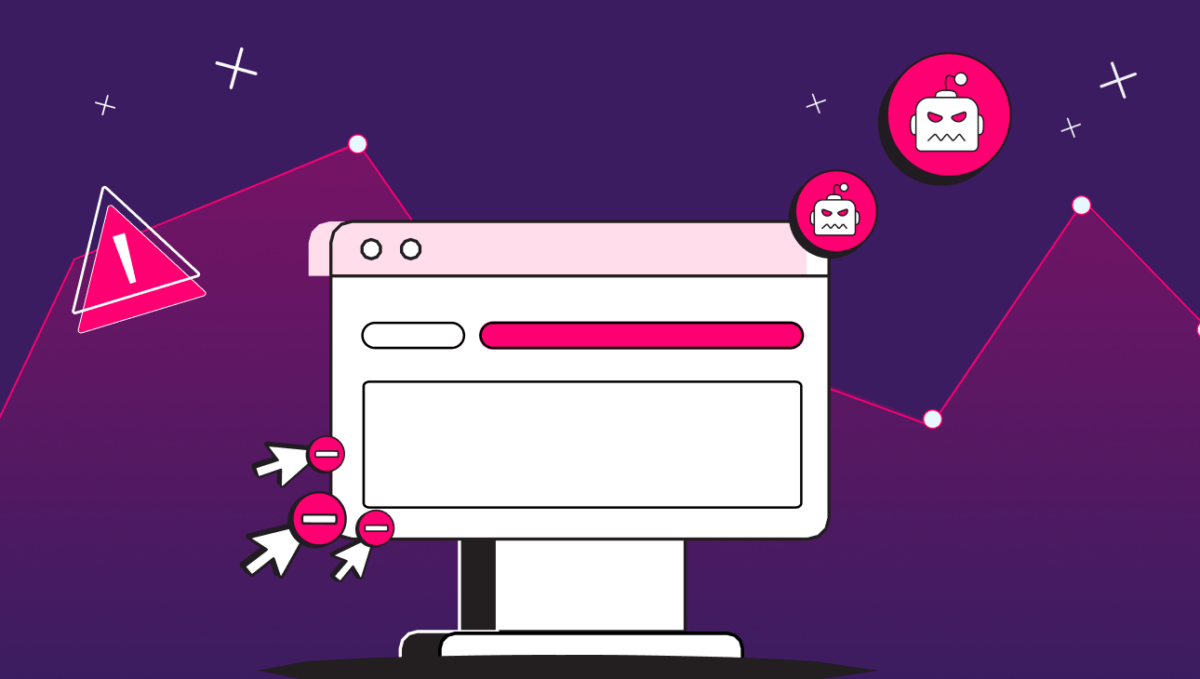Cybersecurity for Email Marketing: What You Need to Know
Guest Post
|Website Ops & Security | July 27, 2022

The following is a guest post from MySignature.
For email marketers, dealing with cybersecurity can be a daunting task. In addition to the effort you put into your email marketing campaigns, you must constantly keep an eye on security threats.
But why is email marketing so special compared to other marketing channels?
It is one of the oldest and, surprisingly, most effective marketing methods. Regardless of the niche, from marketing for SaaS to e-commerce one, it pays off. For every dollar spent on it, businesses get 36 dollars in return!
Some of the reasons behind it are that over 4 billion people use emails daily and that they exchange more than 306 billion emails in just 24 hours.
With such potential for marketing comes a significant risk as well. In order to protect your business from cyber-attacks, there are some things you must cover.
Set up an email authentication standard
Email authentication is a way to verify that an email comes from a legitimate sender. It is mainly used to prevent phishing, spam, and other harmful or fraudulent email uses.
Some suggest over 91% of cyberattacks start with a phishing email. This is a good enough reason to put more control into your domain’s use. With an email authentication in place, your emails will become less prone to security attacks.
How is that?
In simple terms, by rejecting suspicious email content. That will make your recipients trust you more as a sender and, eventually, increase your open rate.
There are three elementary tools that cover different aspects of email authentication. They are an addition to SMTP, the basic protocol for sending emails.
- SPF (Sender Policy Framework) allows you to define which IP addresses can send emails from your domains. It prevents hackers from sending emails from the company’s email servers.
- DKIM (DomainKeys Identified Mail) helps your recipients recognize when an email they allegedly receive from you is not faked or altered. That’s how they can distinguish emails that come from you from the spam ones.
- DMARC (Domain-based Message Authentication, Reporting, and Conformance) is the mechanism that defines the action that should be taken after the two above mechanisms detect cyber attacks. It gives your emails total protection.
With these three mechanisms in place, you are equipped to prevent the most common types of cyberattacks related to email.
Secure your IP address
Even though it sounds simple, the way you deliver your emails can be a decisive step in protecting you from cyber attacks. Poor practices increase the visibility of your business to hackers, marking it as vulnerable for not adhering to the latest security trends.
In order to cover this part, first, you need to obtain your own IP address. This makes it easier to apply other security steps that protect your emails. On the other hand, sharing an IP address would make it difficult to protect “your part” of email traffic going from it.
Then, you can apply authentication procedures, set up firewalls, VPNs and any other tool that can help you increase your IP address security.
Inform your customers about security dangers
To maximize email marketing security, you should inform your consumers about the potential dangers that come with it. You can use emails and other communication methods to spread awareness related to security threats.
For example, you can dedicate a small section at the end of your emails to tips that will help them identify scam emails and highlight the seriousness of email cyber crimes. There are many email signature examples that give you space for including a security note to your customers.
Your website should also be informative. You can create a page that is dedicated only to various types of email security breaches that your consumers can come across.
Besides informing them about the dangers, include actions they can take if they find themselves in such situations. They can vary from creating complex passwords for their accounts to step-by-step guides for installing specific email security tools.
Encrypt email communication
Depending on the purpose, emails can carry sensitive information, such as important business data and personal information of your customers. To protect your customers and your business, you need to encrypt your emails so they can be read only by the recipients.
Encryption significantly lowers the chances of sensitive data leak within your emails. The fool-proof way to protect the content of your emails is a combination of message-level encryption with Transport Layer Security (TLS). It is a way to encrypt both the content of an email and the channel used to send it to the recipient.
Improve monitoring
By now you realize that, to keep email marketing secure and your overall marketing spending on a leash, your whole system needs to be protected. Otherwise, hackers can find the weakest links and breach your security systems.
Although tools that can help you, it is important that your system itself doesn’t have serious security flaws. The best way to track this would be keeping a checklist of things that are important for email security and going over it from time to time.
Things in the industry change very quickly, and hackers get better with time, so you must keep your security efforts up to date.
Assess your technical readiness in terms of security protection as well. Regularly checking and updating your system is a great way to detect ill-functioning parts of it and deal with viruses on time if they appear. To help you out, you can hire an ethical hacker. That’s how you’ll test the architecture of your system.
Security breaches are often triggered internally, and most often, it’s out of ignorance. To prevent this, your employees should receive regular education related to their role in preventing cyber attacks from happening. This is how they’ll learn what actions must be followed to keep your data safe.
Conclusion
Email frauds can cause massive damage to businesses – from loss of money and sensitive data to productivity drop and damage to reputation.
So, even though they are a powerful tool in marketing, you should use emails with high caution. Make sure you use encryption protocols and cutting-edge technology. Besides that, include real-time monitoring and hire security experts to protect your company from security breaches related to email marketing.
Hackers nowadays are getting more innovative and creative, so you need to be on guard at all times to ensure high security levels of your email marketing, which, having its significance in marketing strategy, can affect the success of your entire business.
About the author
Helga Zabalkanska leads MySignature team. Believes that product and growth marketing are driving forces to succeed in your 6 figures goals.
Want to protect your sites and ads? Click here to Request a Demo



